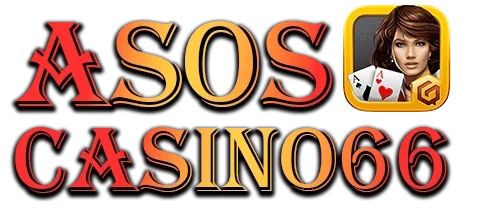When the PlayStation Portable launched, it brought with it a promise of powerful gaming on the go. Unlike other handhelds of its time, the PSP was built to deliver a premium experience that matched its home console counterparts. sigapbet login It fulfilled that promise with a library full of some of the best games ever made for a portable platform. With visually stunning titles like “Resistance: Retribution,” “Wipeout Pure,” and “Soul Calibur: Broken Destiny,” the PSP proved that handheld devices could host full-fledged PlayStation games without compromise. These weren’t watered-down experiences; they were genuine contenders in the race for the best games of the 2000s.
The influence of these PSP games extended far beyond their initial release. Many developers experimented with mechanics and story concepts that were later expanded upon in console entries. The portability of the PSP encouraged creative game design that focused on fast-paced, engaging content—an idea now echoed in PlayStation games that prioritize player immersion and accessibility. Even now, game studios often look back at PSP successes when developing mobile or hybrid content, confirming the device’s long-term influence on the gaming industry.
There’s also an emotional connection that many players formed with the PSP. Whether it was grinding through hours of dungeon-crawling in “Monster Hunter Freedom” or racing through futuristic tracks in “Wipeout Pulse,” the intimacy of playing these titles on a small screen, often solo or with a close group of friends, created memories that still resonate. These personal experiences turned many PSP titles into the best games in the eyes of individual gamers, regardless of critical reception. In this way, the platform transcended its hardware to become a cultural touchstone in gaming.
As the gaming world continues to evolve, the relevance of the PSP’s contributions remains significant. PlayStation games today may be flashier and more technically advanced, but they owe much to the groundwork laid by their handheld ancestors. The best games in today’s market often follow design philosophies born during the PSP era—short bursts of action, deep customization, and satisfying progression. With a possible future of cloud-based portable gaming, the PSP’s legacy is more relevant than ever, proving that portable power was never just a phase—it was a paradigm shift.
